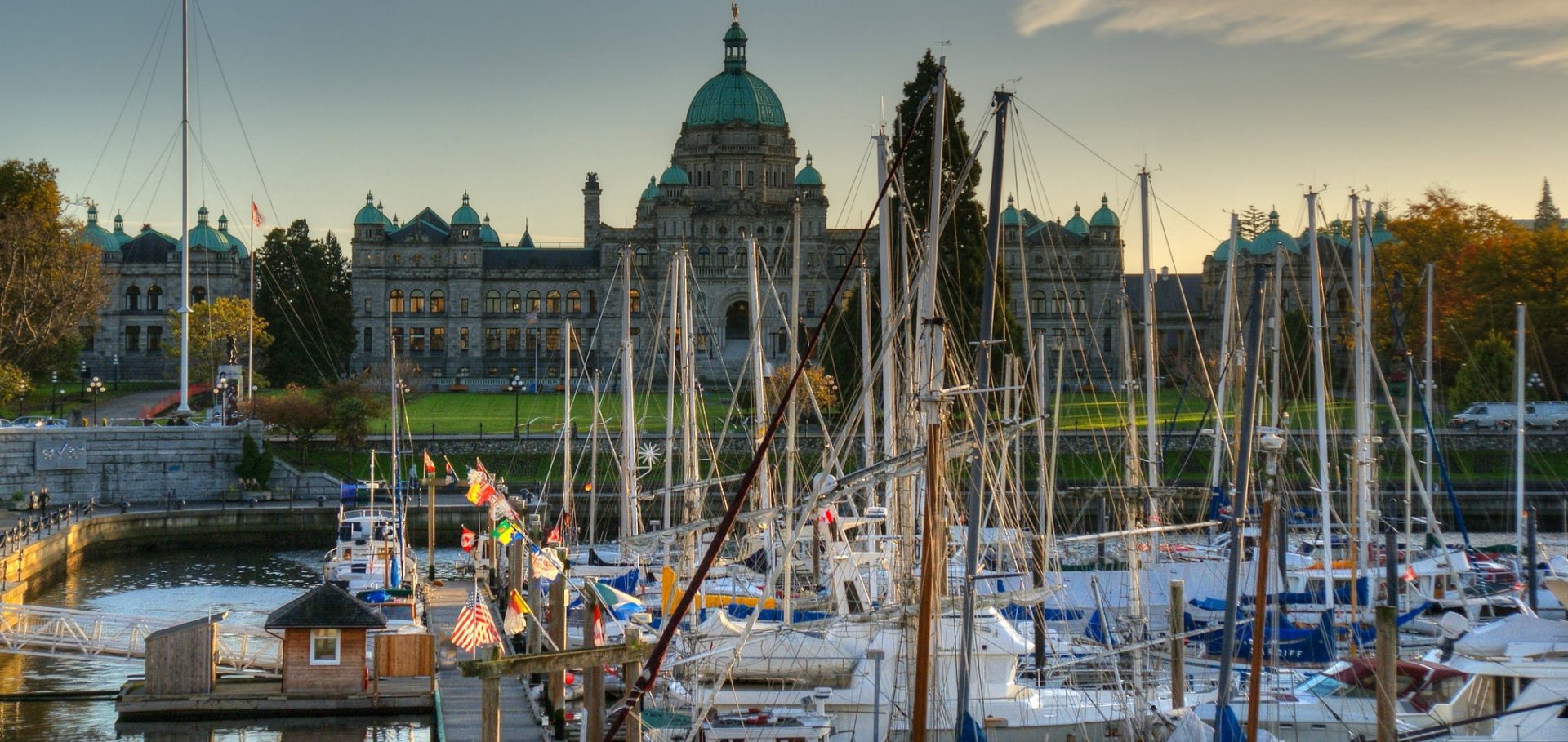In the lead-up to the Oct. 24 B.C. election, Ecojustice is urging candidates to adopt a suite of environmental platform proposals that will pave the way to a resilient, just and sustainable future for all.
British Columbia’s natural beauty, ecological diversity, and vibrant communities and cultures are vital to residents’ prosperity and well-being. Yet, like so many places, the province is confronted with multiple, intersecting crises that threaten the very basis of life as we know it: climate breakdown, accelerating species extinction, large-scale ecosystem transformation, food and water insecurity, and build-up of toxic pollution in our bodies and the environment.
Policy commitments made during the 2020 B.C. election will largely be focused on the immediate crisis posed by the COVID-19 pandemic. However, this election is also an opportunity to look forward, to emerge from the pandemic stronger and more united, and to set B.C. on course to a resilient, just, and sustainable future for all.
To help political parties and candidates put forward environmental platforms that will make this vision possible, Ecojustice lawyers have assembled a briefing note with three key environmental policy proposals. We’re asking parties and candidates to adopt each of these proposals, and for the incoming government to make protecting the environment a top priority in its mandate.
You can read the full briefing note here. Or, scroll down for an abbreviated look at Ecojustice’s three platform recommendations:
1. Accelerating climate ambition
by eliminating fossil fuel subsidies by 2025, detailing a clear plan to achieve the legislated 2030 target, and committing to achieve net-zero emissions by 2050.
We are asking that all parties commit to:
- Delivering on the promise to publish a plan to achieve the province’s current 2030 GHG emissions reduction target by the end of 2020;
- Amending the Climate Change Accountability Act to align B.C.’s targets with the national and global movement toward net-zero GHG emissions by 2050; and
- Phasing out all fossil fuel subsidies by 2025 and investing in a just transition for fossil fuel workers into the renewable energy economy to align B.C. with the direction of the federal government.
2. Safeguarding B.C.’s biodiversity
with the Province’s first ever Species at Risk Act, and by modernizing forestry laws, protecting coastal ecosystems, and implementing the Water Sustainability Act.
We are asking that all parties commit to:
- Enacting a robust Species at Risk Act that establishes legal protection of species and enough of their habitat to ensure their recovery and survival;
- Implementing the actions in the report: A new future for old forests (Merkel and Gorley), starting with the recommendation to enact legislation that establishes conservation of ecosystem health and biodiversity of B.C.’s forests as an overarching priority.
- Withholding fish farm tenures anywhere in B.C. unless affected First Nation communities offer consent, and demanding that Fisheries and Oceans Canada (DFO) support the transfer of ocean based open-net fish farms to land-based closed containment systems in a just and equitable way that maximizes benefit to local communities.
- Fully implementing the provisions in the Water Sustainability Act designed to secure the volume and timing of water flow (i.e., environmental flows) needed to sustain healthy and functioning rivers, lakes and watersheds.
3. Empowering people to protect their environment
with a made-in-B.C. Environmental Bill of Rights that legally recognizes all peoples’ right to live in a healthy environment.
We are asking that all parties commit to:
- Enacting legislation to establish a made-in-B.C. Environmental Bill of Rights that includes legal recognition of a human right to a healthy and ecologically balanced environment and tools to enhance transparency and strengthen public participation in environmental decision-making.

